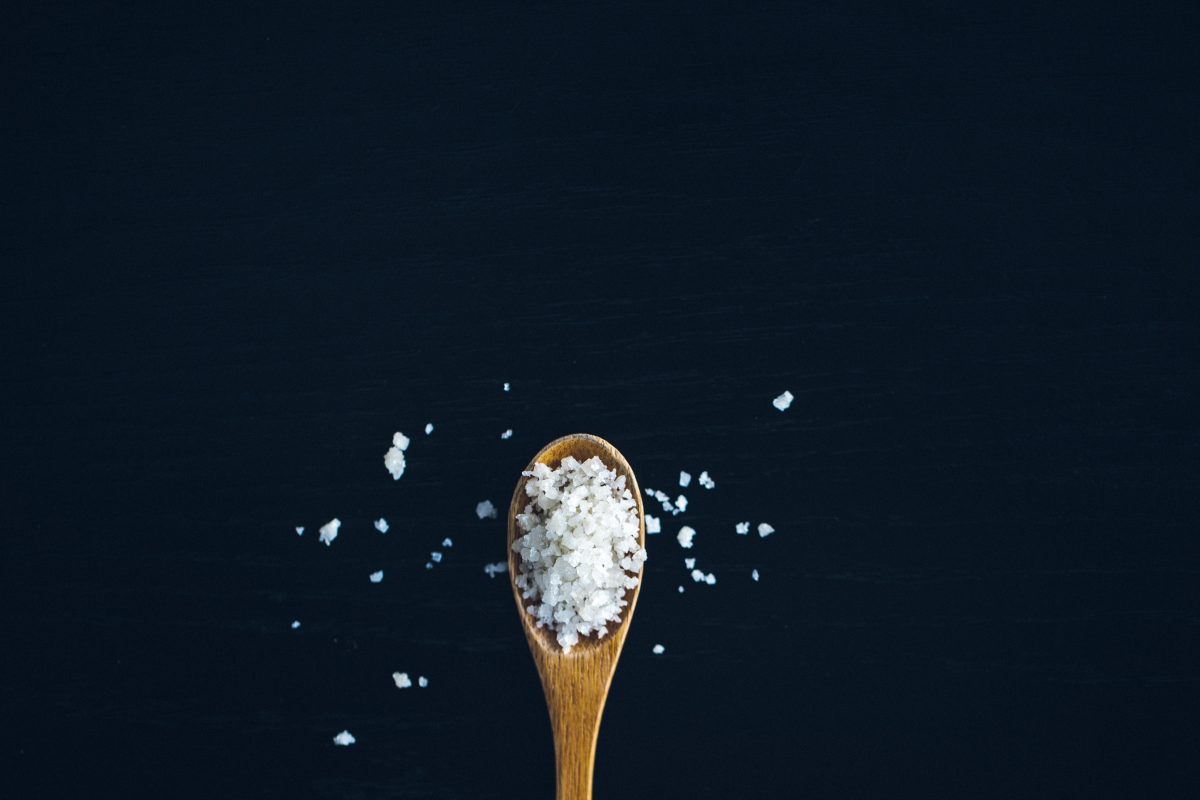Blog, Healthy Living
Too much salt weakens the immune system
By now, we all know that too much salt is bad for you – too much salt consumption raises blood pressure and increases the risk of heart attack or stroke. Five grams a day is the maximum amount of salt that adults should consume according to the recommendations of the World Health Organization (WHO). It corresponds approximately to one level teaspoon. However, many exceed this limit considerably: Figures from the Robert Koch Institute suggest that on average men consume ten, women more than eight grams of salt per day.
A new study recently published in the journal Science Translational Medicine suggests that too much salt is also bad for your immune system. Specifically, the research shows that excessive salt intake significantly weakens the immune system by reducing the most common bacterial fighting immune cells in your body, the granulocytes.
University of Bonn researchers fed a high-salt diet to mice and found that these mice suffer from much more severe bacterial infections. Specifically, the researchers put mice with a listeria infection on a high salt diet. In the spleen and liver of these animals, the researchers counted 100 to 1,000 times the number of disease-causing pathogens. Listeria are bacteria that are found for instance in contaminated food and can cause fever, vomiting and sepsis. In addition, the researchers noted that urinary tract infections also healed much more slowly in laboratory mice fed a high-salt diet.
Then, the researchers examined human volunteers who consumed six grams of salt in addition to their daily intake. This is roughly the amount contained in two fast food meals, i.e. two burgers and two portions of French fries. After one week, the scientists took blood from the volunteers and examined the granulocytes. Granulocytes, like macrophages, are scavenger cells that attacks bacteria and protects the body from bacterial infection. If they do not do this to a sufficient degree, infections proceed much more severely. As expected, the immune cells in the human volunteers coped much worse with bacteria after they had started to eat a high-salt diet. In addition, researchers noted that the excessive salt intake in human volunteers resulted in increased glucocorticoid levels, which inhibits the immune system.
Human body has a built-in mechanism to keep the salt concentration constant in the internal organs. When excess salt is consumed, it is filtered out by the kidneys and excreted in the urine. And this is where the second mechanism comes into play: The kidneys have a salt (sodium chloride) sensor that activates the salt excretion function. As an undesirable side effect, however, this sensor also causes so-called glucocorticoids to accumulate in the body. And these in turn inhibit the function of granulocytes. This is the reason that excessive salt consumption causes pronounced immune deficiencies.
Next time, when you reach for that saltshaker, think again.
Thanks for reading.
Journal Reference: Katarzyna Jobin, Natascha E. Stumpf, Sebastian Schwab, Melanie Eichler, Patrick Neubert, Manfred Rauh, Marek Adamowski, Olena Babyak, Daniel Hinze, Sugirthan Sivalingam, Christina K. Weisheit, Katharina Hochheiser, Susanne Schmidt, Mirjam Meissner, Natalio Garbi, Zeinab Abdullah, Ulrich Wenzel, Michael Hölzel, Jonathan Jantsch and Christian Kurts. A high-salt diet compromises antibacterial neutrophil responses through hormonal perturbation. Science Translational Medicine, 2020 DOI: 10.1126/scitranslmed.aay3850

